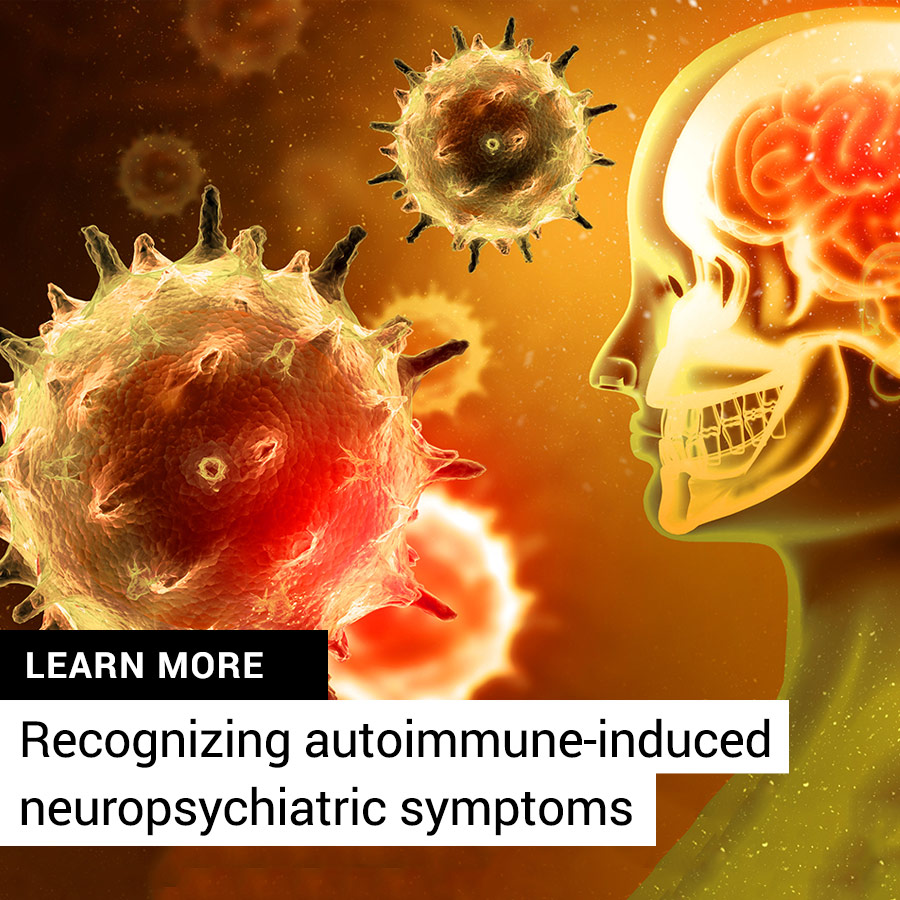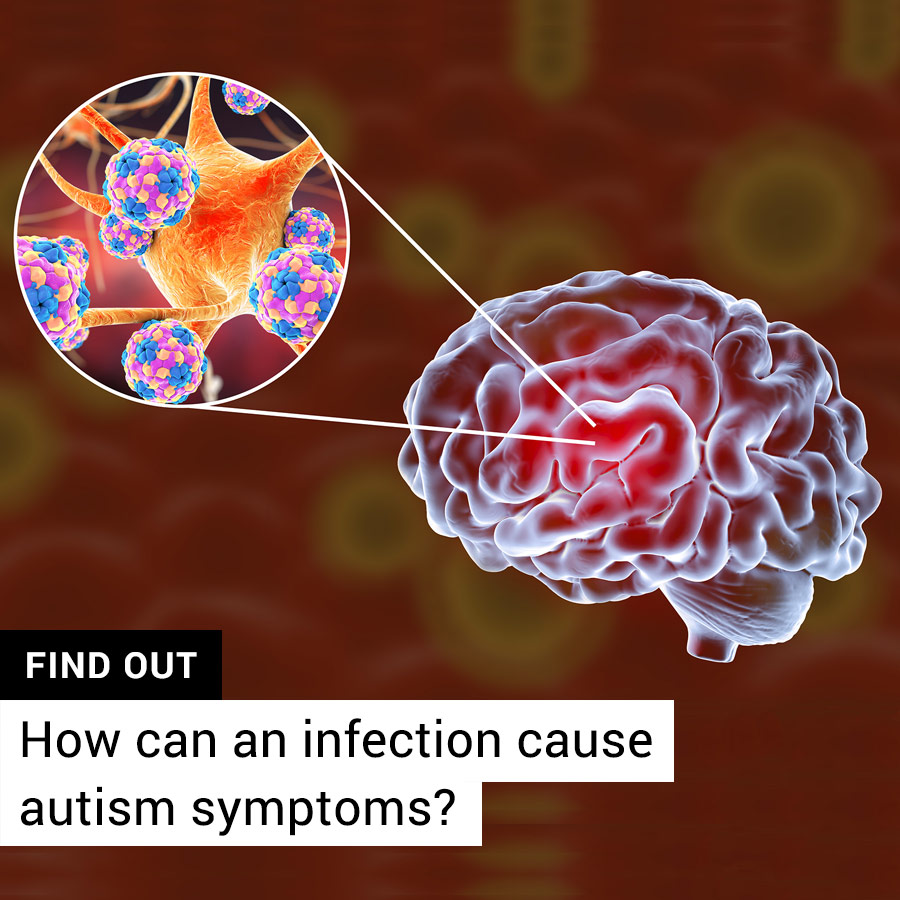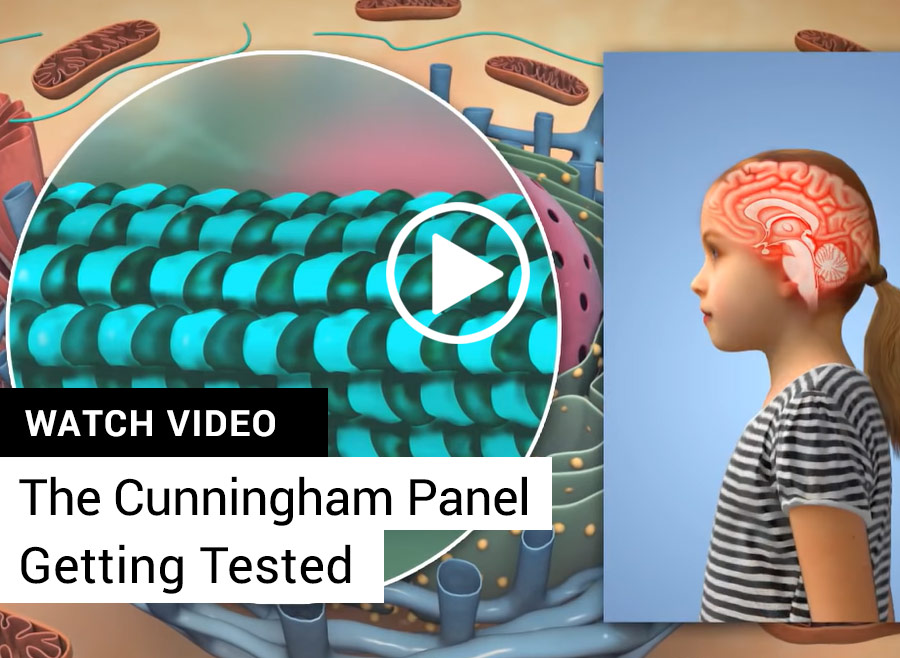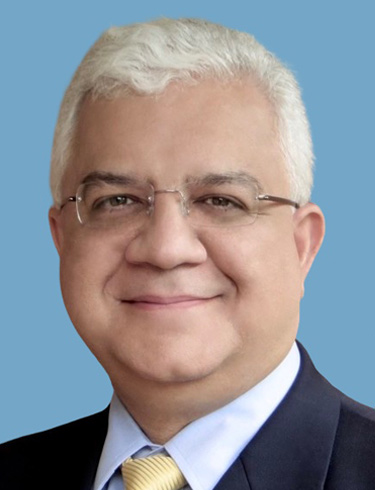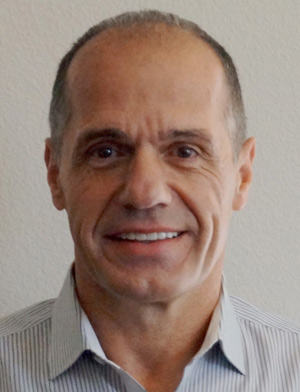Autism and immune system dysfunction
Meanwhile, researchers from Beth Israel Deaconess Medical Center report finding the presence of “cellular features consistent with an immune response targeting specialized brain cells in more than two thirds of autistic brains analyzed postmortem.” 5
“With this new research, we haven’t proved causality, but this is one clue in support of the idea that autism might be an autoimmune disorder, just like multiple sclerosis is thought to be,” said Anderson, lead author of the study. 5
Chronic brain inflammation (neuroinflammation) can be caused by multiple factors. Traumatic brain injury, environmental stressors, toxins, autoimmunity and infectious pathogens have all been associated with neuroinflammation. 12
In recent years, researchers have found evidence that “active neuroinflammation is a significant component of ASD [autism spectrum disorders].” 1
Some individuals with autism and immune system dysfunction may have an infection-driven autoimmune reaction causing neuroinflammation. This autoimmune attack on the brain may result in inflammation and behaviors associated with autism spectrum disorders.
Neuroinflammation found in brains of some autism patients
Many studies indicate that individuals with autism “have brain pathology suggestive of ongoing neuroinflammation or encephalitis in different regions of their brains.” In fact one study reports, at least 69% of people with autism spectrum disorder have microglial activation or neuroinflammation/encephalitis. 6
Neuroinflammation or autoimmune encephalopathy can be triggered, in part, by an infection. “It is plausible that systemic inflammation and/or infection could trigger the inflammation or encephalitis seen in the brains of children with an ASD.” 6
Therefore, many believe that “addressing inflammatory processes could be the aim of the next pharmacological therapy for [autism spectrum disorder].” 4 Clinical trials have already demonstrated the benefits of immunosuppressive treatment for a subset of patients with autism. 1
Autism symptoms may improve with encephalitis treatment
“Several studies that link encephalitis with the onset of autism or an ASD, also report the improvement or amelioration of autism/ASD symptoms when the encephalitis was treated.” 7
Autoantibodies specifically targeting cells in the brain have been identified in ASD patients. These autoantibodies have been found in the prefrontal cortex, caudate, putamen, cerebellum and cingulated gyrus regions of the brain 10 and hypothalamus 11 in children with autism spectrum disorder.
Utilizing the Cunningham Panel™ of tests, one study found that a majority of patients with autism spectrum disorder had elevated levels of autoantibodies directed against brain tissue. For this group of patients, intravenous immunoglobulin (IVIG) treatments were effective in reducing symptoms. And the Cunningham Panel™ predicted response to IVIG treatment with an accuracy of 81-88%. 8
Read highlights of the study: Intravenous immunoglobulin for the treatment of autoimmune encephalopathy in children with autism
Similar studies have also shown positive results. “Following treatment with IVIG, significant improvement [in autism behaviors] was observed — and significant reductions were seen in the markers of neuroinflammation.” 9
- Hughes HK, Mills Ko E, Rose D, Ashwood P. Immune Dysfunction and Autoimmunity as Pathological Mechanisms in Autism Spectrum Disorders. Front Cell Neurosci. 2018;12:405. Published 2018 Nov 13. doi:10.3389/fncel.2018.00405 https://www.ncbi.nlm.nih.gov/pmc/articles/PMC6242891/
- Estimated Prevalence of Autism and Other Developmental Disabilities Following Questionnaire Changes in the 2014 National Health Interview Survey. Natl Health Stat Report. 2015 Nov 13;(87):1-20. https://www.ncbi.nlm.nih.gov/pubmed/26632847
- Enstrom A, Krakowiak P, Onore C, et al. Increased IgG4 levels in children with autism disorder. Brain Behav Immun. 2009;23(3):389–395. doi:10.1016/j.bbi.2008.12.005 https://www.ncbi.nlm.nih.gov/pmc/articles/PMC2696343/
- Siniscalco D, Schultz S, Brigida AL, Antonucci N. Inflammation and Neuro-Immune Dysregulations in Autism Spectrum Disorders. Pharmaceuticals (Basel). 2018;11(2):56. Published 2018 Jun 4. doi:10.3390/ph11020056 https://www.ncbi.nlm.nih.gov/pmc/articles/PMC6027314/
- DiStasio et al. T lymphocytes and cytotoxic astrocyte blebs correlate across autism brains. Annals of Neurology. 2019 Oct 8. https://doi.org/10.1002/ana.25610 https://onlinelibrary.wiley.com/doi/abs/10.1002/ana.25610
- Kern JK, Geier DA, Sykes LK, Geier MR. Relevance of Neuroinflammation and Encephalitis in Autism. Front Cell Neurosci. 2016;9:519. Published 2016 Jan 19. doi:10.3389/fncel.2015.00519 https://www.ncbi.nlm.nih.gov/pmc/articles/PMC4717322/
- McDougle CJ, Carlezon WA Jr. Neuroinflammation and autism: toward mechanisms and treatments. Neuropsychopharmacology : Official Publication of the American College of Neuropsychopharmacology. 2013 Jan;38(1):241-242. DOI: 10.1038/npp.2012.174 https://europepmc.org/article/PMC/3521978
- Connery, K., Tippett, M., Delhey, L.M. et al. Intravenous immunoglobulin for the treatment of autoimmune encephalopathy in children with autism. Transl Psychiatry 8, 148 (2018). https://doi.org/10.1038/s41398-018-0214-7 https://www.nature.com/articles/s41398-018-0214-7
- Melamed et al. A pilot study of high‐dose intravenous immunoglobulin 5% for autism: Impact on autism spectrum and markers of neuroinflammation. Autism Research. 2018 Feb 10. https://doi.org/10.1002/aur.1906 https://onlinelibrary.wiley.com/doi/pdf/10.1002/aur.1906
- Singer et al. Antibrain antibodies in children with autism and their unaffected siblings. Journal of Neuroimmunology. Volume 178, Pg 149-155, Sept 1, 2006. DOI:https://doi.org/10.1016/j.jneuroim.2006.05.025 https://www.ncbi.nlm.nih.gov/pubmed/16842863
- Cabanlit et al. Brain‐Specific Autoantibodies in the Plasma of Subjects with Autistic Spectrum Disorder. The New York Academy of Sciences. 2007 Aug 28. https://doi.org/10.1196/annals.1381.010 https://www.ncbi.nlm.nih.gov/pubmed/17804536
- DiSabato DJ, Quan N, Godbout JP. Neuroinflammation: the devil is in the details. J Neurochem. 2016;139 Suppl 2(Suppl 2):136–153. doi:10.1111/jnc.13607 https://www.ncbi.nlm.nih.gov/pmc/articles/PMC5025335/
- Rossignol, D. A., & Frye, R. E. (2012). A review of research trends in physiological abnormalities in autism spectrum disorders: immune dysregulation, inflammation, oxidative stress, mitochondrial dysfunction and environmental toxicant exposures. Mol Psychiatry, 17(4), 389-401. doi:10.1038/mp.2011.165 https://pubmed.ncbi.nlm.nih.gov/22143005/
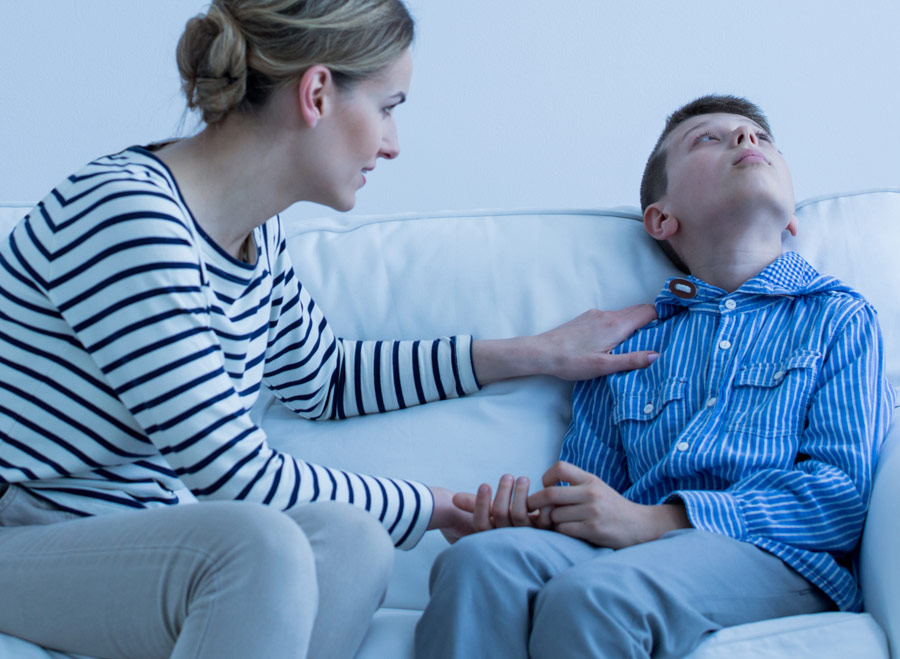
Systemic inflammation and/or infection could trigger the inflammation seen in the brains of children with autism.
Learn more about how infections can trigger neuropsychiatric symptoms

Cunningham Panel™ helps identify an autoimmune disorder in child initially diagnosed with schizophrenia
Researchers describe a complex case involving a 15-year-old girl, who abruptly developed multiple neurologic and psychiatric symptoms.
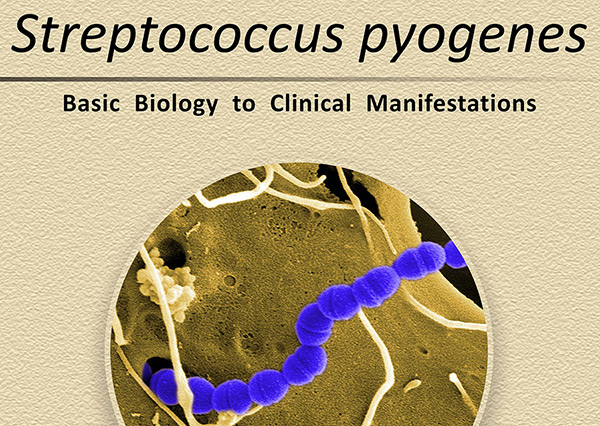
The association between streptococcus pyogenes and tics/OCD
In this book chapter, Dr. Madeleine Cunningham explains the association between Group A strep and the onset of tics and/or OCD and their clinical manifestations in children with the autoimmune neuropsychiatric disorder, PANDAS.
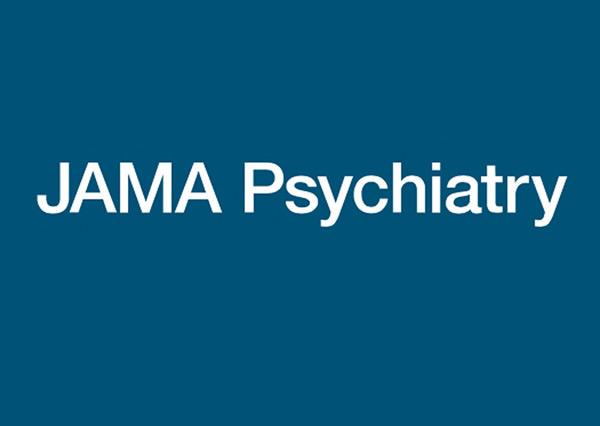
Childhood infections can increase risk of mental illness in kids
Nationwide study finds both mild and severe infections can increase risk of mental disorders in children and adolescents..




